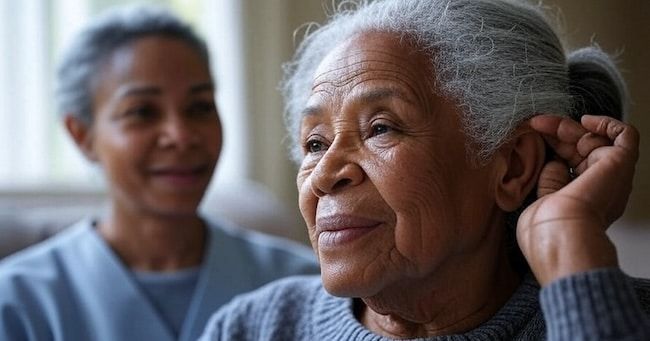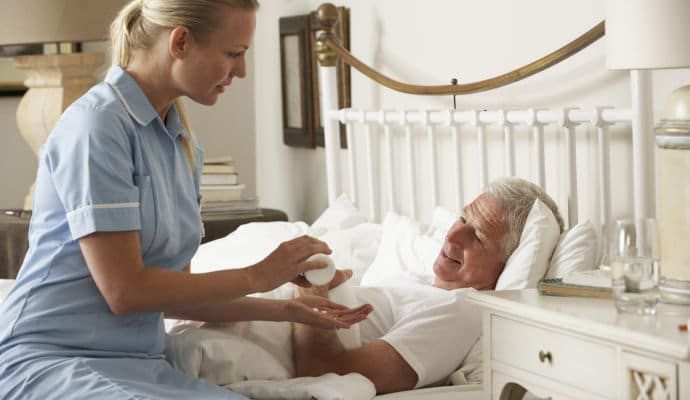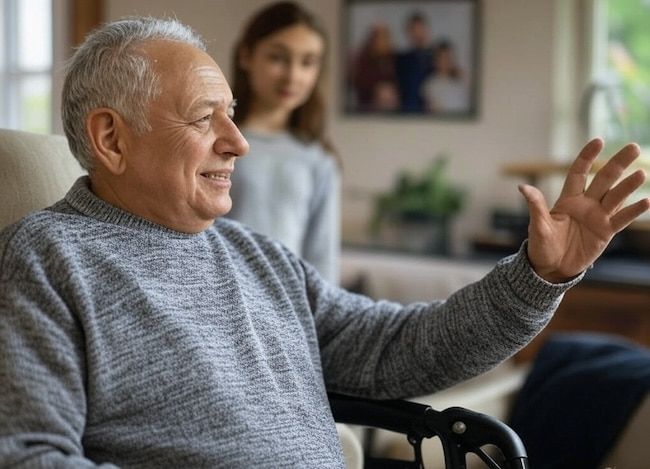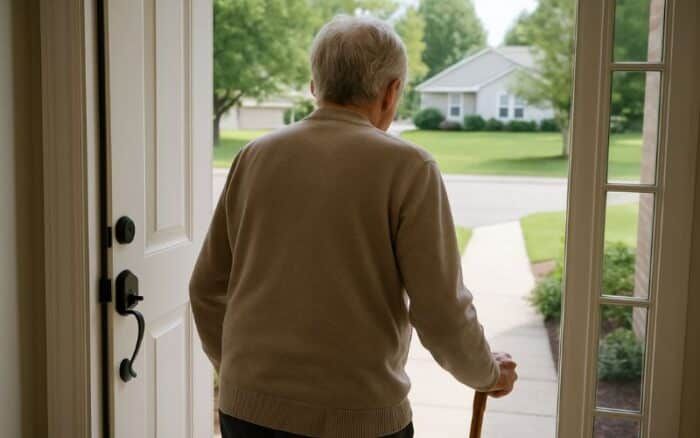THE ANGELS BLOG
CHARLIES ANGELS BLOG



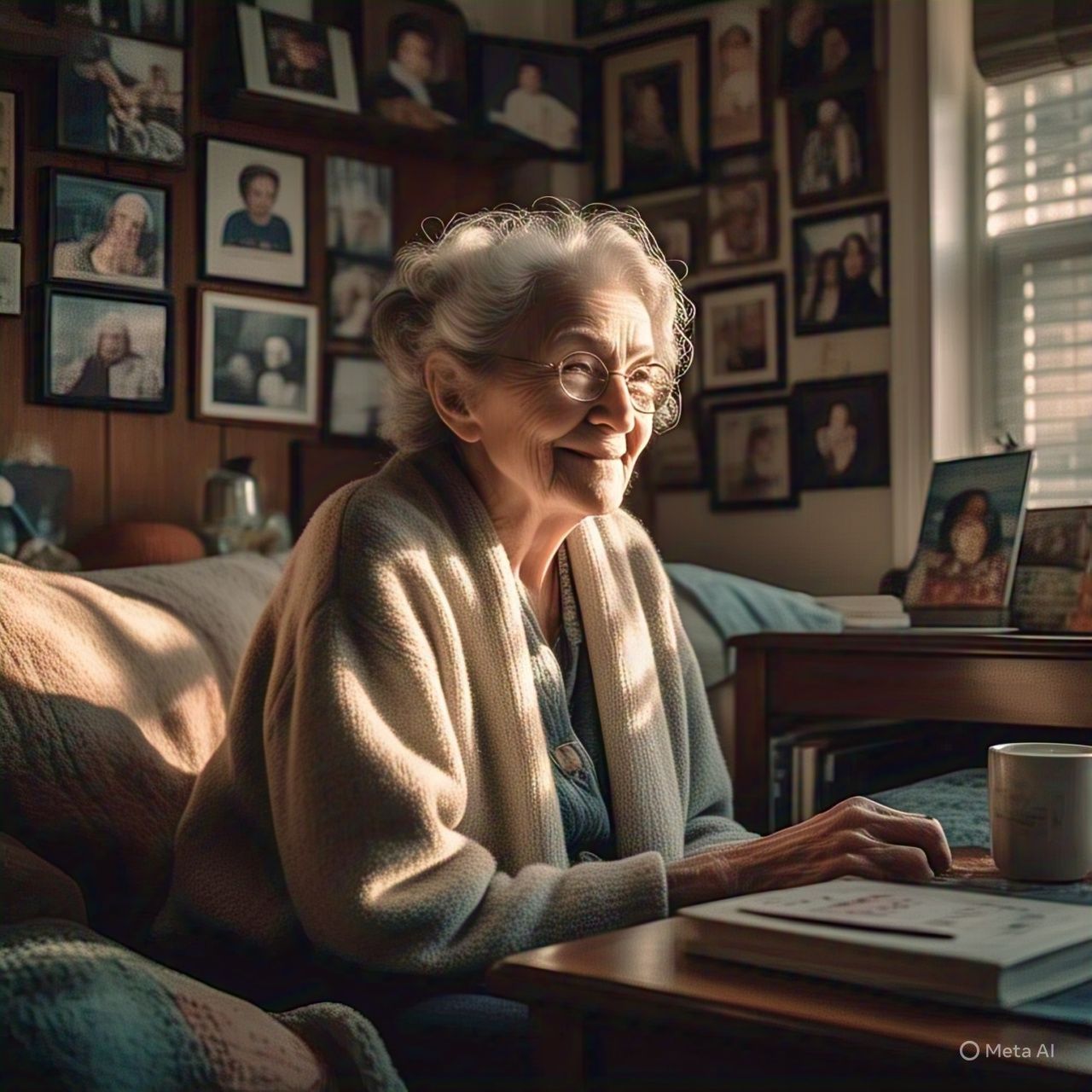
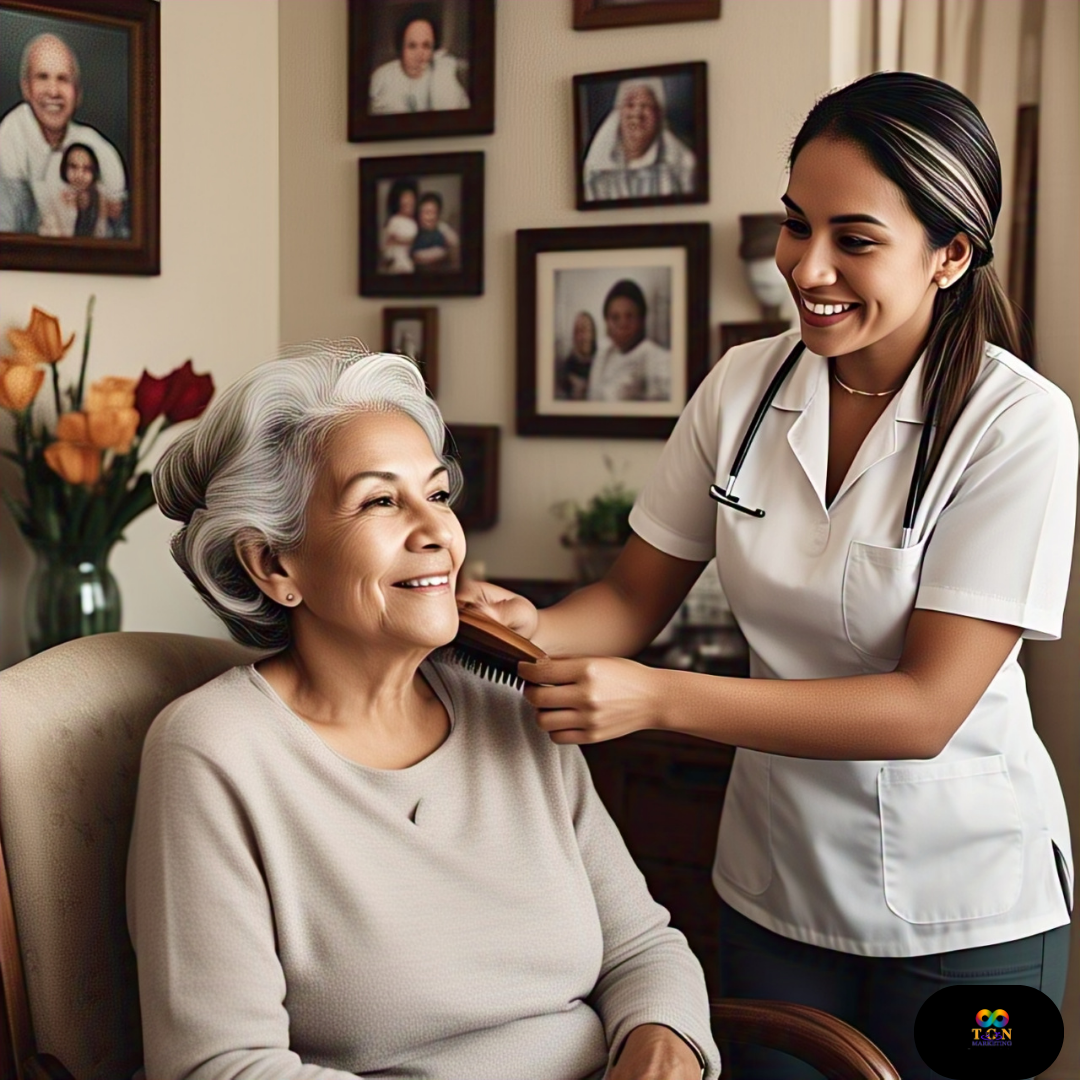

6 Reasons Why Elderly Parents Should Stay at Home While Aging
As our parents age, one of the most challenging decisions we face is determining the best living arrangement for them. While nursing facilities provide medical care and supervision, many seniors prefer to remain in the comfort of their own homes. Aging in place, when done with the proper support, can offer numerous benefits that contribute to overall well-being. Here are six compelling reasons why elderly parents should stay at home while aging instead of moving into a nursing facility.
1. Comfort and Familiarity
Home is more than just a place; it holds years of memories, love, and personal belongings that create a sense of security. Aging at home allows seniors to remain in a familiar environment where they feel comfortable and safe. This stability is crucial for mental and emotional well-being, particularly for seniors experiencing cognitive decline, such as dementia or Alzheimer’s disease.
Aging in a familiar space can help reduce stress, confusion, and agitation, which are common in new environments. In contrast, moving to a nursing facility often means adjusting to unfamiliar surroundings, routines, and people, which can lead to feelings of loneliness and depression.
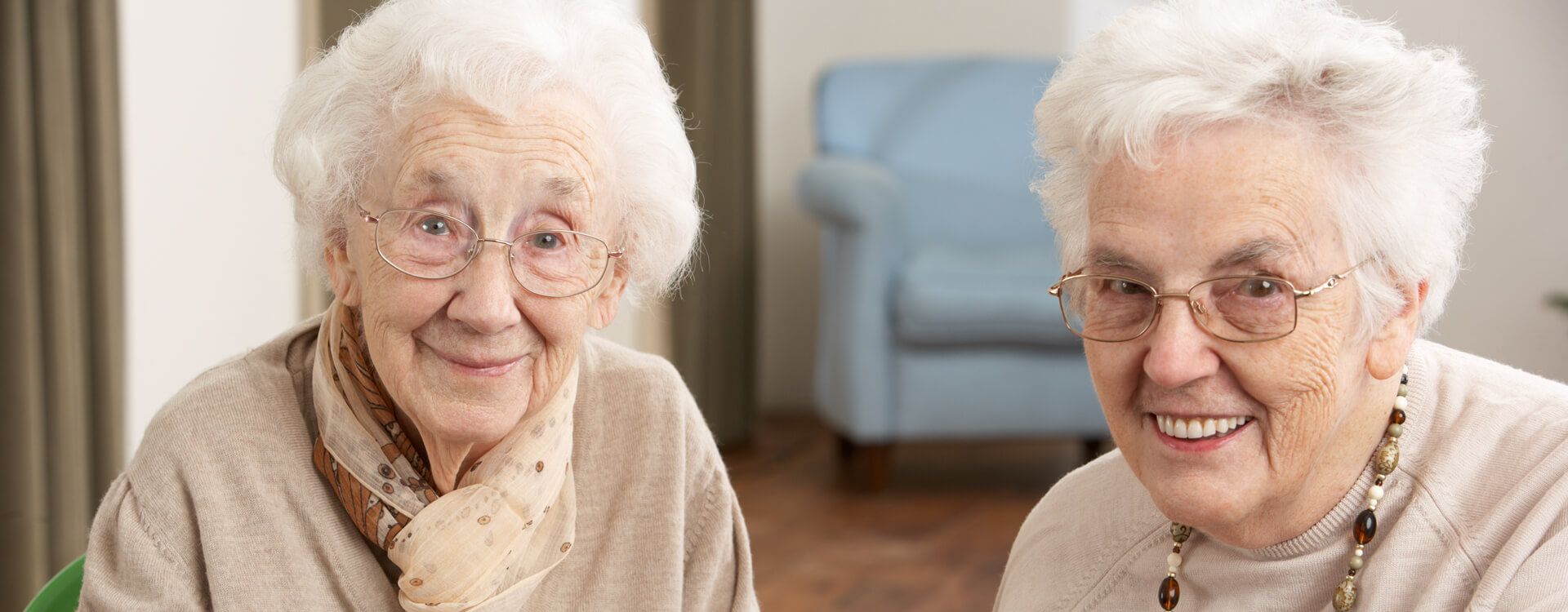
2. Personalized Care
Every senior has unique health needs and personal preferences, and home care services can be tailored to meet these specific requirements. Whether they need assistance with daily activities, medication reminders, or specialized medical care, a home care plan can be customized to ensure they receive one-on-one attention.
Nursing facilities, while staffed with trained professionals, often operate with high patient-to-caregiver ratios. This means caregivers may not always be able to provide individualized attention to every resident. Aging at home allows for a higher quality of care that caters to the personal preferences and needs of the individual.
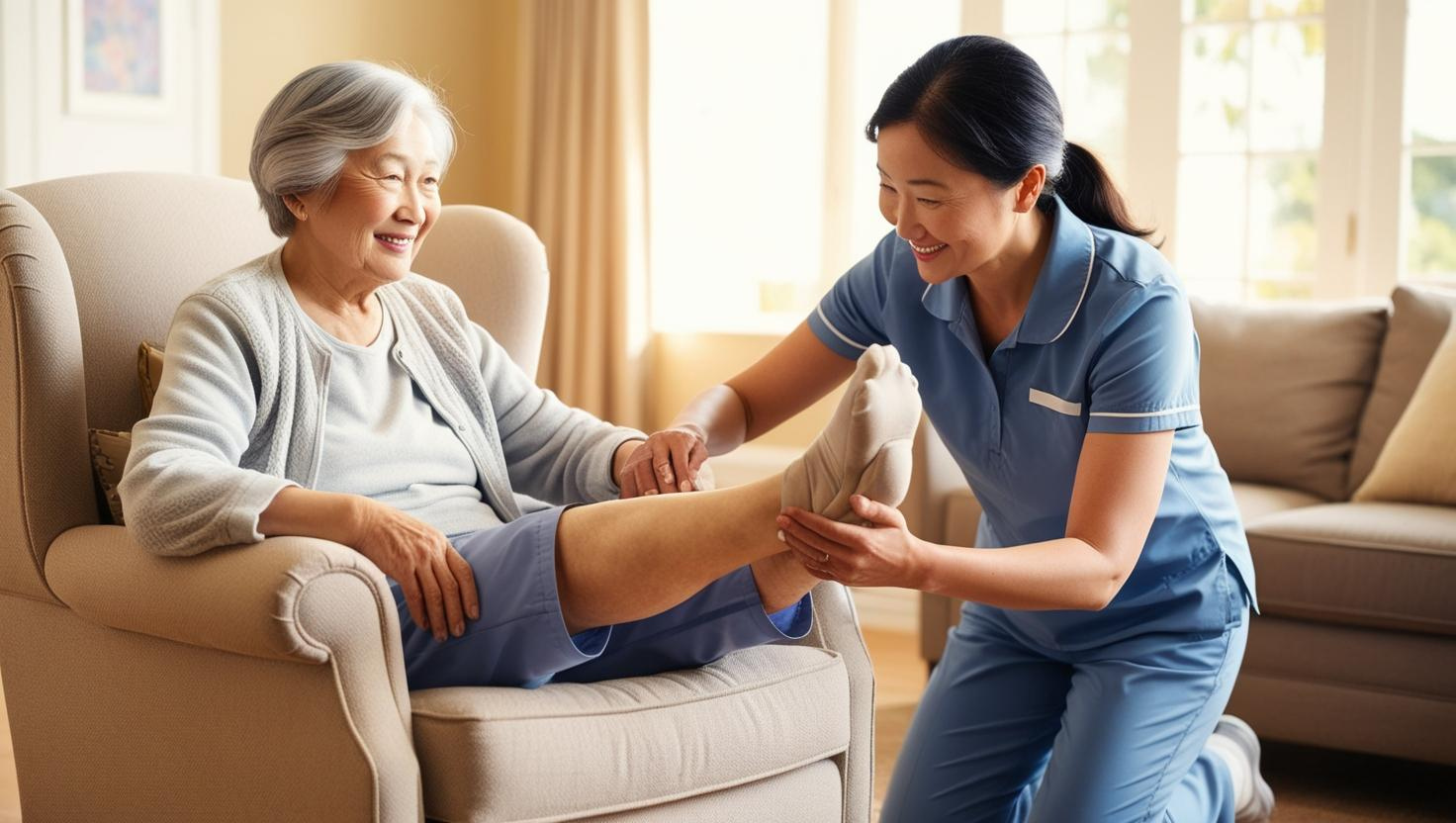
3. Independence and Dignity
Maintaining dignity and independence is essential for the well-being of elderly individuals. As people age, they may face physical and cognitive challenges, but allowing them to make their own choices, participate in daily activities, and retain a sense of control over their lives fosters self-worth and emotional well-being. When families encourage independence—whether through decision-making, mobility, or personal care—they help preserve the elderly’s confidence and sense of purpose. Stripping away independence can lead to feelings of helplessness, depression, and a diminished quality of life. Instead, families should provide support with respect, ensuring their loved ones feel valued, heard, and empowered while aging with dignity.

Stronger Family Connections
Studies have shown that seniors who age at home experience better overall health compared to those in institutional settings. Home environments are typically less stressful, reducing the risk of depression, anxiety, and other mental health conditions that can arise in a nursing facility.
Aging at home also allows for a healthier lifestyle. Seniors can prepare their own meals (with assistance if needed), enjoy fresh air, and engage in physical activities that they prefer. In contrast, nursing facilities often have structured meal plans and limited outdoor time, which can affect an individual’s overall well-being.
Furthermore, being at home reduces the risk of infections that are common in nursing homes due to shared spaces and frequent interactions among residents. With proper hygiene and care, aging in place can promote a healthier and safer living environment.

Better Health and Well-Being
Studies have shown that seniors who age at home experience better overall health compared to those in institutional settings. Home environments are typically less stressful, reducing the risk of depression, anxiety, and other mental health conditions that can arise in a nursing facility.
Aging at home also allows for a healthier lifestyle. Seniors can prepare their own meals (with assistance if needed), enjoy fresh air, and engage in physical activities that they prefer. In contrast, nursing facilities often have structured meal plans and limited outdoor time, which can affect an individual’s overall well-being.
Furthermore, being at home reduces the risk of infections that are common in nursing homes due to shared spaces and frequent interactions among residents. With proper hygiene and care, aging in place can promote a healthier and safer living environment.

Cost-Effective Solution
Nursing facilities can be extremely expensive, especially for long-term care. The average cost of a private room in a nursing home can exceed thousands of dollars per month, placing a significant financial burden on families. In contrast, aging at home can be a more affordable option, particularly when home care services are used on an as-needed basis.
Families can also modify the home to accommodate their elderly parent’s needs by adding safety features such as grab bars, ramps, and medical alert systems, which are often one-time investments. Additionally, some government programs and insurance plans provide financial assistance for in-home care, making it an even more viable and cost-effective option.
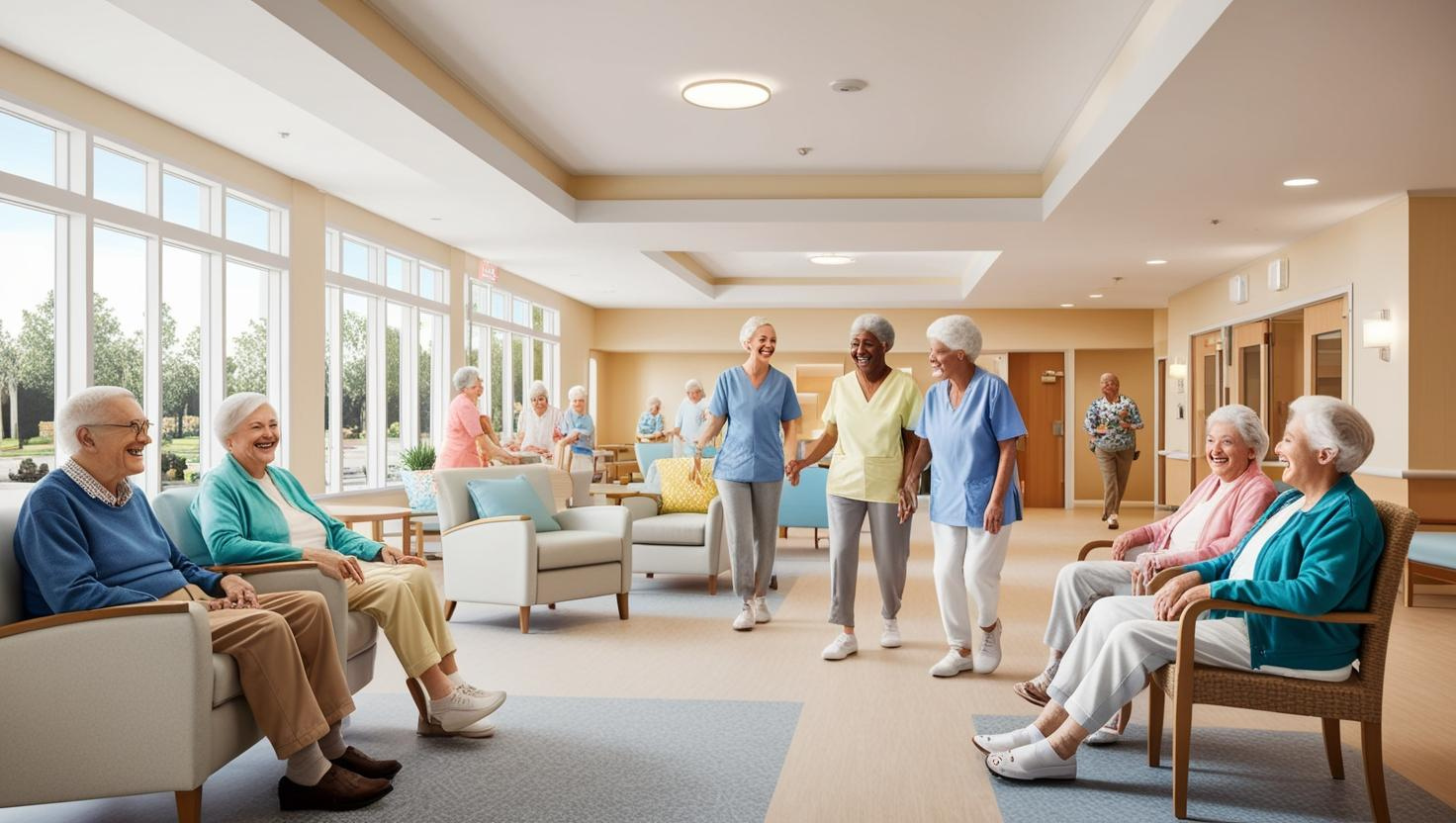
Conclusion
Choosing the right care arrangement for aging parents is a deeply personal decision, and it’s essential to consider their comfort, well-being, and quality of life. While nursing facilities provide necessary medical support, aging at home offers a range of benefits that enhance a senior’s emotional, mental, and physical health.
From maintaining independence and dignity to fostering stronger family connections, the advantages of aging in place are undeniable. With the right support system in place, elderly parents can continue living in the comfort of their own homes, enjoying a fulfilling and dignified life as they age.
If you’re considering home care for your aging parent, explore your options and create a care plan that best suits their needs. Aging at home can be a rewarding and practical choice, ensuring your loved ones receive the best care while preserving their happiness and independence.

